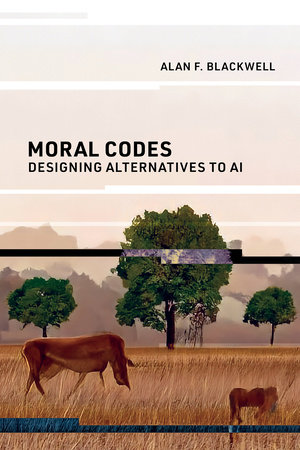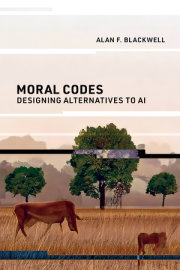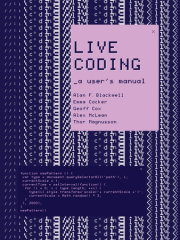Acknowledgments
1 Are You Paying Attention?
2 Would You Like Me to Do the Rest? When AI Makes Code
3 Why Is Code Not like AI?
4 Intending and Attending: Chatting to the Stochastic Parrots
5 A Meaningful Conversation with the Internet
6 Making Meaningful Worlds: Being at Home in Code
7 Lessons from Smalltalk: Moral Code before Machine Learning
8 Explanation and Transparency: Beyond No-Code / Low-Code
9 Why Code Is More Important than Flat Design
10 The Craft of Coding
11 How Can Stochastic Parrots Help Us Code?
12 Codes for Creativity and Surprise
13 Making Code Less WEIRD
14 Re-Imagining AI to Invent More Moral Codes
15 Conclusion
Notes
Index







